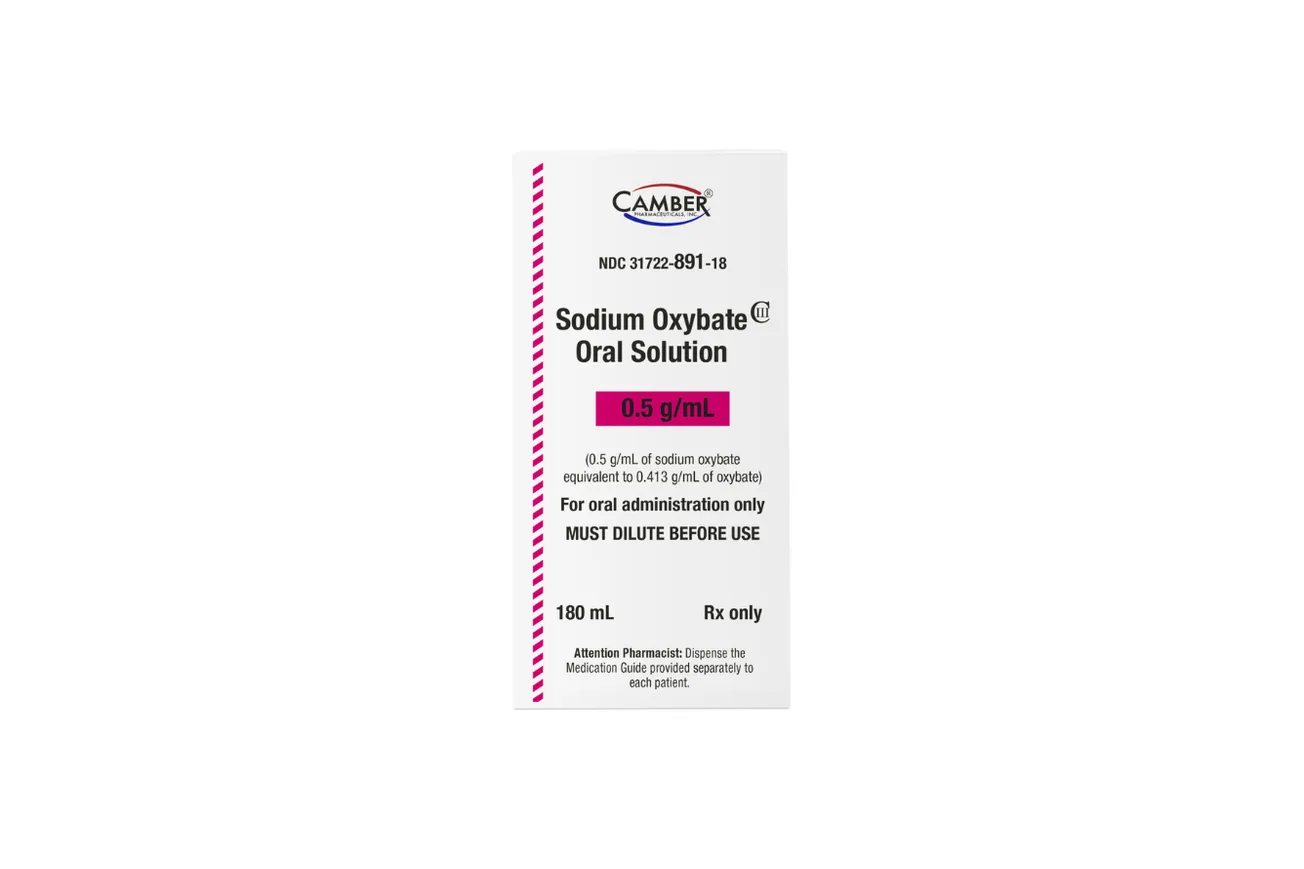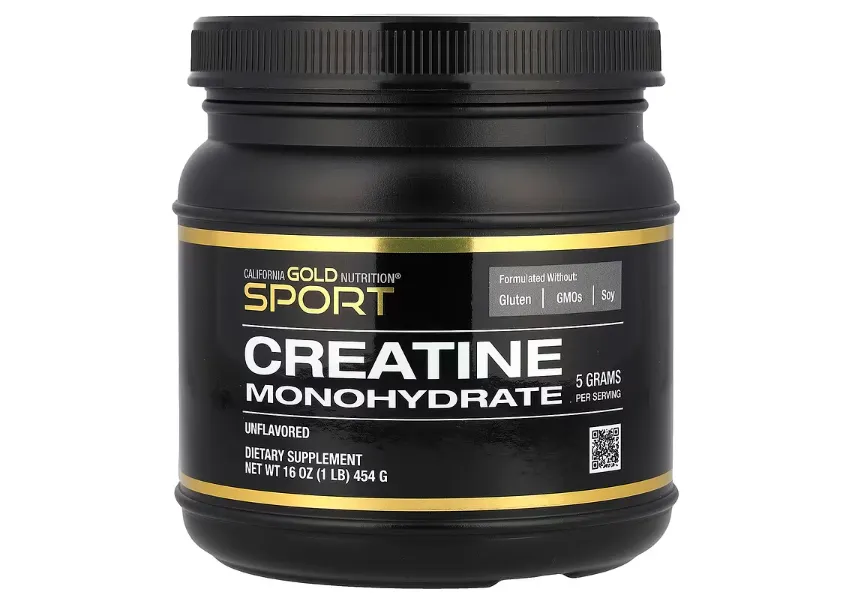By Chip Davis, President and CEO Healthcare Distribution Alliance (HDA).
With the ushering in of a new presidential administration and the 119th Congress, we are expecting and preparing for a very active period in the health care space in 2025. For the Healthcare Distribution Alliance and our pharmaceutical distributor members, a critical nexus between 1,200 manufacturers and 330,000 pharmacies, providers, and other sites of care, our core priority of ensuring the safety and efficiency of our nation’s health care supply chain remains paramount.

Health care distribution is one of our country’s most innovative and efficient industries. HDA’s members handle 95% of the prescriptions sold in the U.S. on one of the slimmest net profit margins in health care (0.3% after taxes). Further, our 360-degree view of the health care supply chain enables us to respond to the most pressing issues facing the nation. Heading into 2025, our unique vantage point and expertise will help HDA shape meaningful discussions with public- and private-sector stakeholders on behalf of our most crucial priority: patients.
When new and returning policy makers make their way to the White House, Capitol Hill and statehouses across the country, HDA and our distributor members will actively define our crucial role while serving as a thought leader on issues that sustain a resilient health care supply chain.
Drug shortages
Our country remains at an inflection point due to the high level of drug shortages within our health care system. It’s an enormous challenge, complicated by the fact that the root causes of shortages vary significantly. We cannot lose sight that there is no single solution to this issue.
When shortages occur, distributors are often the first call a pharmacy or hospital makes, and our industry actively works to minimize their impact on providers and patients. Distributors regularly monitor spikes in demand or decreases in product availability and proactively communicate with manufacturers, industry partners and regulators alike.
These disruptions reaffirm the need for enhanced thought leadership and partnerships with supply chain stakeholders, patient advocates and policy makers. For example, HDA and health care distributors are collaborating with organizations such as Angels for Change and the End Drug Shortages Alliance (EDSA) to find solutions. Our members are also participating in a pilot program with the White House, which aims to promote continuous access to pediatric cancer drugs.
Last year, HDA worked with the Senate Finance Committee on legislation to address drug shortages, and we hope to continue this dialogue with the committee in the 119th Congress. Our industry has a vested interest in maintaining a steady, reliable supply of products for our customers — distributors deliver approximately 10 million medicines and health care products each and every day.
Economic policies intended to lower the price of medicines for patients must not do so at the expense of greater stability in the global supply chain. Our recommendations include strengthening partnerships between the public and private sectors, identifying strategic federal investments in manufacturing capabilities and supporting generic manufacturer partners to ensure a stable supply of medicines.
Pharmacy support
Health care distributors are proud to serve as partners to the pharmacy community. Collectively, chain drug, independent and specialty pharmacies comprise more than half of HDA members’ customer base.
The pharmacy profession has faced numerous headwinds within the past five years amid the pandemic response, and as it experiences reimbursement and operational challenges that may impact patient access to care in government-funded programs such as Medicare. Approximately 16 million Americans live in areas with limited pharmacy access, known as “pharmacy deserts.” Unfortunately, those access challenges may grow as more pharmacists confront reimbursement landscapes that are economically unsustainable.
In addition to providing logistics expertise, distributors support their pharmacy customers by delivering essential administrative services and financial assistance, which allow pharmacists to focus on their patients. We remain committed to ensuring our dispenser customers can navigate these challenges, so they can continue to serve as providers, counselors and advocates for their patients.
Pharmaceutical traceability
As a vital link in the health care supply chain, HDA and our distributor members have led on federal traceability issues for two decades, and our goal remains the same: to ensure the safe and effective implementation of the Drug Supply Chain Security Act (DSCSA).
When the supply chain neared the end of the Food and Drug Administration’s 2024 “stabilization period,” the agency issued exemptions for the supply chain to work to establish effective data connections with their trading partners. Manufacturers and repackagers have until May 27, 2025, to meet the deadline, and the exemption period for distributors now ends on August 27, 2025. The dispenser community will also have additional time to review the FDA’s compliance requirements and focus on any incoming issues — the pharmacy deadline was extended to November 27, 2025. This phased-in approach that the industry has advocated for will help minimize supply chain disruptions, and we applaud the FDA for making this decision based on stakeholder input and with the best interests of patients in mind.
HDA is reaffirming our leadership role in this area, while strengthening our commitment to advancing industry partnerships and educational opportunities. We will continue to host our popular Traceability Seminar, which offers a forum for trading partners and regulators alike. Further, we will look to grow HDA’s Verification Router Service Provider Network (which we added to our services last year), and continue our participation with the Partnership for DSCSA Governance on relevant issues. As part of our ongoing commitment to pharmacy education, distributors are also focused on assisting dispensers with DSCSA implementation. To that end, with the help of our trading partners, we created an educational hub for the pharmacy community at DSCSA.pharmacy.
The FDA has made clear that they anticipate this to be the last extension before all trading partners are expected to reach full implementation. HDA is committed to continuing this important work until we reach the finish line.
Cybersecurity
In recent years, cyberattacks on health care-related entities have increased. A 2022 JAMA study found that ransomware attacks on health care delivery organizations more than doubled over a five-year period. Given the interdependency of the health care supply chain, the consequences can be widespread. Just last year several high-profile ransomware attacks occurred, and we expect cybersecurity to remain a priority next year among lawmakers and industry alike. Building on work that began in 2024, HDA will continue collaborating with our members and other key stakeholders to understand how the distribution sector can continue to prepare to bolster our cybersecurity with the ultimate goal of protecting patients.
LIFO repeal and the pharmaceutical industry
Taxes will be on the federal agenda as the Republican-majority Congress looks at extending the Tax Cuts and Jobs Act (TCJA). As Congress writes legislation to extend TCJA, one issue that could be considered is the Last-In, First-Out (LIFO) accounting standard. This vital provision helps businesses maintain inventory levels, invest in innovation and mitigate inflation.
This past fall, HDA, as a member of the LIFO Coalition, provided our perspective to the House Ways and Means Republican Supply Chain Tax Team, noting that the repeal of LIFO would disproportionately harm pharmaceutical distributors. Specifically, LIFO repeal would cause businesses to reduce employee benefits, destabilize supply chains, lead to shortages and higher inflation, and downsize or go out of business — all of which would be detrimental to our economy. When Congress convenes, we will continue to fight against including this provision in any proposed tax reform legislation.
Looking ahead
The success of the health care supply chain and our ability to ensure medicines are delivered safely and reliably is predicated on our partnerships, whether those are with our trading partners or other external stakeholders. These partnerships endure because patients’ lives depend on them. That reality drives our industry. There’s a lesson here that policy makers can take forward in 2025 and beyond.








